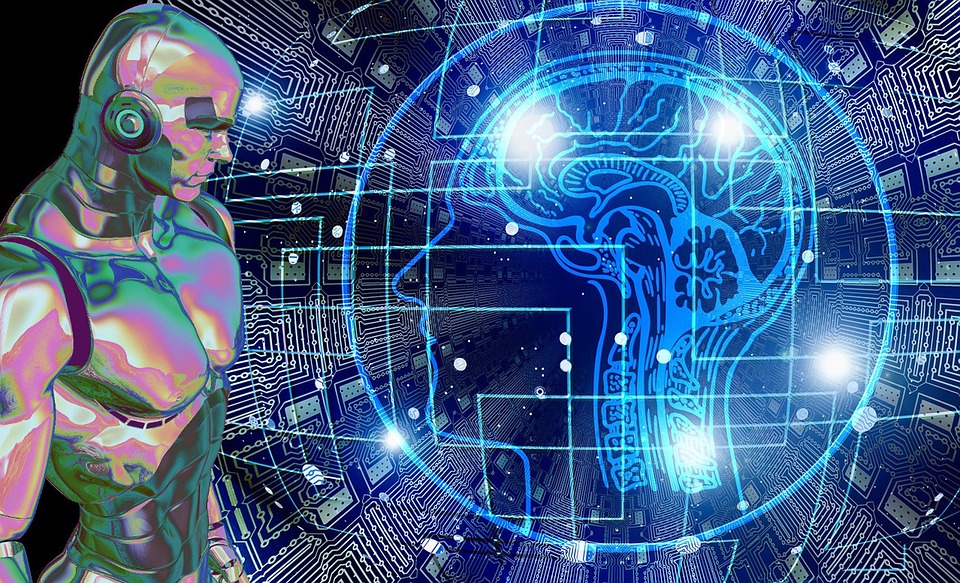For example, Martin Heideggers' (1889-1976) philosophy of technology was also interested in the consequences of technological development for people and their way of life. The changes are gradually becoming noticeable for practitioners. From a historical perspective, corporate accounting has always changed and, by definition, change does not necessarily have to be associated with negative characteristics. While Luca Pacioli (1447-1517), a monk from Italy, laid the base for the most significant accounting principles for their practical application with his work Summa de Arithmetica, Geometria, Proportioni et Proportionalità in 1494, modern techniques (e.g., accounting programs) preparing the accounting for so-called "new times". Of course, Pacioli did not know in 1494 what new options would arise and that there would even be an automated dunning system one day. When I speak about “new times”, I mean the trend towards digitization and automation and the associated, and indeed promised, simplification of work. But these "new times" bring enormous changes to the world of work. Leading software manufacturers in Austria are already in the implementation phase about document digitization. Furthermore, it will be the aim of such producers not only to digitize receipts, but also to enter business cases at the same time, i.e., to ensure an orderly posting while observing all legal regulations. There are already specific plans for such an implementation. In this regard, questions arise, and justifiably, such as: For example, will accountants still be needed in 10 years' time? Or do machines, equipped with a high level of artificial intelligence, then take over the tasks of classic accountants? I have been confronted with this question frequently in the last few months, also by students. I think the answer to this must be nuanced:
(1) New times require new skills for accountants. In the future, it will be relevant to deal with new software programs and to become familiar with them. The accountant of tomorrow needs a familiar relationship with modern information technology. In order to ensure this goal also within the framework of educational policy measures and the achievement of skills, it will be necessary to adapt the training and further education opportunities accordingly. In order to continue to guarantee the profession of accountant, in addition to the personal responsibility for further training, the in-house promotion of employees in the sense of digital accounting will also play a central role. Company workshops, for example, can be a great help.
(2) Artificial intelligence is also directly linked to human activity. I do not see the danger that a machine could one day overtake humans in terms of their intelligence. Of course, a machine or AI can carry out highly complex calculations in a minimum of time, which is not possible for human beings in this form. But a machine is fundamentally always as intelligent as a human being can establish it. AI can be a relief, but it is by no means a substitute for humans. AI also needs human support. Humans should always be somehow ahead of machines. And that responsibility rests with us all.
(3) There will be a noticeable shift in tasks; the human-machine relationship will change in the accounting sector (e.g., machine learning algorithms and their style), and there will still be well-trained accountants, especially for special accounting cases, required. The IT skills of employees and accountants will probably determine their employment and their careers in the future. Such knowledge is not only significant in the area of digitization of accounting, but also in relation to ensuring data protection and data security. The digitization of accounting also means that internal risk and control management must be evaluated and checked in terms of a status quo.
Summa summarum: New questions are connected with artificial intelligence. These are also of ethical relevance. Corporate accounting is facing a fundamental renewal in view of new technologies and big data, whereby an early examination of these areas can be classified as a competitive advantage. In the future, receipts will be completely digitized and posted automatically. With the possibility of automatic booking, an essential core of the accountant's tasks is decreasing and is shifting towards artificial intelligence. Invoices are also created automatically, and the dunning process is made independent. The extent to which there is still room for the classic accountant in such a process of modernization depends on the extent to which artificial intelligence is established and which specific areas are affected. It will continue to need the accountant, albeit in a different form. Instead of traditional booking, it will now be more important to focus more on the areas of finance, accounting, and planning. The classic accountant will not die out, he has to change - like so much in our highly modernized society. A technology assessment as an instrument for comparing the opportunities and risks of establishment can only be recommended.
Some Further Reading:
1) McDonald, G. (2015): Business Ethics. A contemporary approach. Cambridge University Press
2) Duska, R. F.; Duska, B. S.; Kury, K. W. (2018): Accounting Ethics. Wiley-Blackwell
